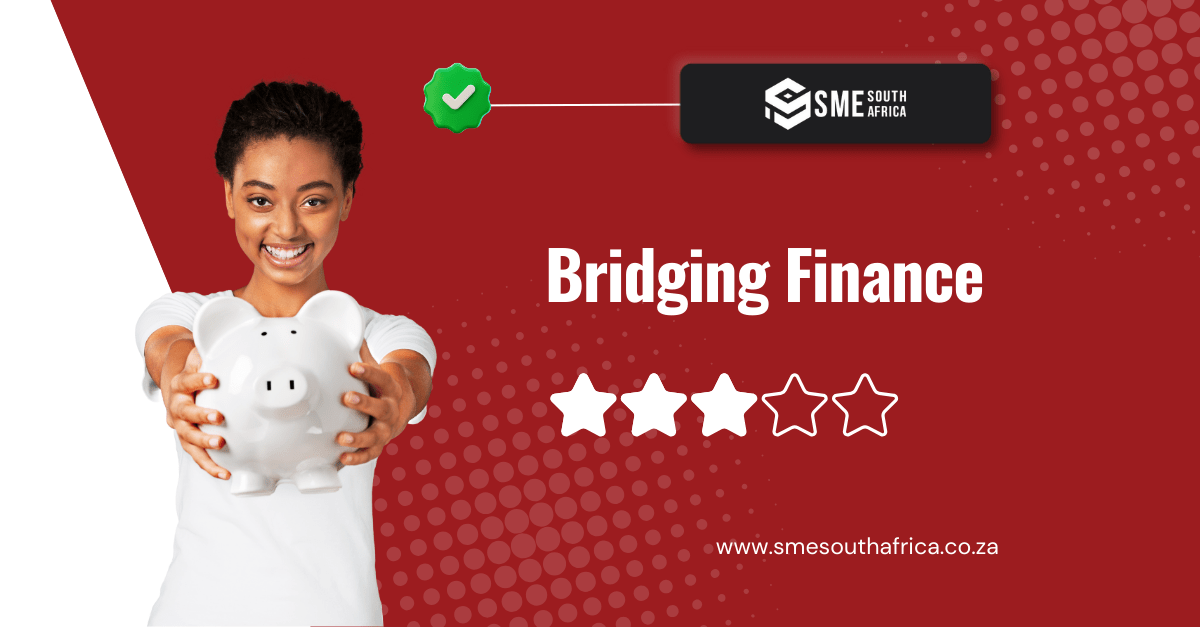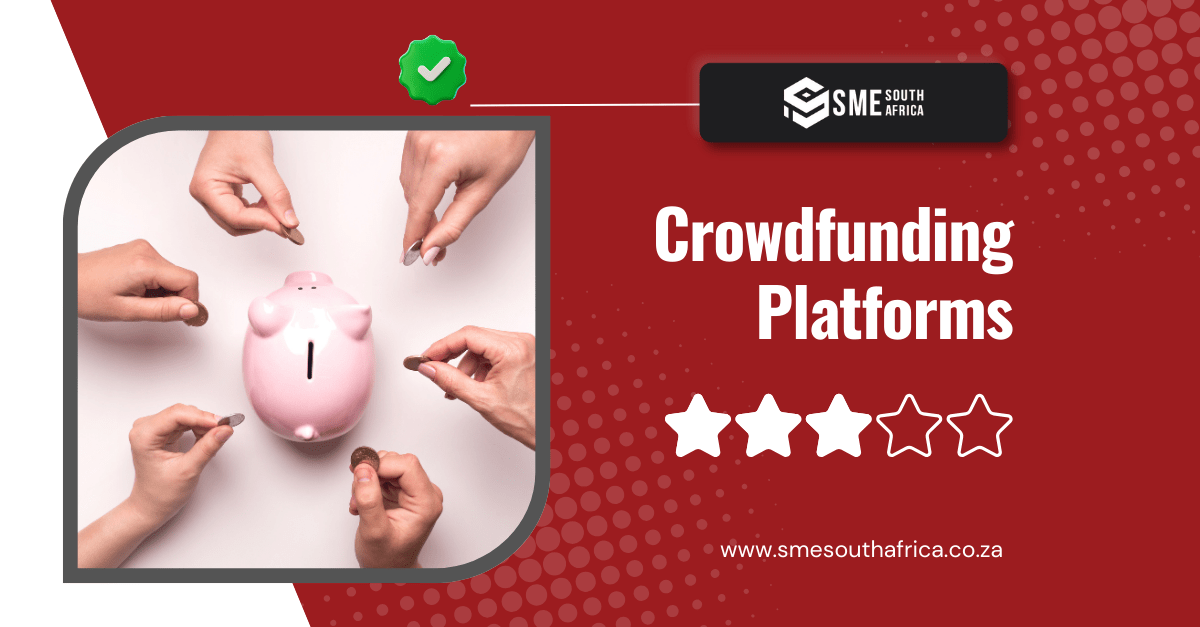
If you are a business owner who needs extra capital, you need to know the difference between funding and financing. This will help you decide which option works best for your business and how to obtain it.
There are many obstacles in business that need money. You might have to replace damaged equipment or cover employee salaries. If you are having these sorts of problems, you will need additional money to help carry you through the times when you are strapped for cash.
To help you decipher these two concepts, we have put together a comprehensive article on the difference between funding and finance.
Funding
Funding is when a certain amount of money is allocated to you for a specific reason. This money can be used for purchasing assets, investing in property, working capital, and research and development amongst many other options.
There are many funding opportunities for small to medium-sized enterprises (SMEs). Government funding opportunities, crowdfunding, venture capital funding, and seed funding to name a few.
The most commonly used type of funding for SMEs is loans. Loans can be acquired through traditional financial institutions like banks. However, there are other funds such as the Green Energy Efficiency Fund. The fund offers loans up to R 50 million to businesses that are investing in renewable technologies.
Types of Funding
Working capital loans – These loans are usually used to cover day-to-day expenses. They can help you to fund operations and help with investing in business expansion.
Unsecured loans – Unsecured loans are a great funding option for SMEs. They don’t require collateral and can be used for different things. This includes business expansion, buying stock, and covering costs such as salaries or contractor payments.
Credit cards – This is another great option for SMEs. Credit cards are a revolving loan, this means the money can be spent, repaid, and spent again. Many of the traditional banks in South Africa offer small businesses credit cards. Credit cards are also ideal for a start-up looking to build its credit record.
Cash advance – This is a short-term loan that can help you cover inventory shortages, payroll, or taxes like VAT. Cash advance applications are often approved quickly and deposited directly into the applicant’s bank account. There are many platforms that offer cash advances such as Lula and Merchant Capital.
Purchase order – A purchase order loan helps you be able to fulfil your supplier services for a certain project. If you are South African, this loan is used to help entrepreneurs fulfil government tenders. The loan helps cover the costs of purchasing the goods or materials. Lenders will look at your credit score, ability to fulfil the order, and the financial health of you and the contract issuer.
Government funding – There are many types of government funding opportunities. Such as grants, incentives, and equity funding. Each option has its own terms and conditions. For example, in equity funding, the government will give you capital in exchange for a shareholding percentage in your business.
To summarise, funding is a form of capital that you will have to pay back. It’s important to look at your finances and see if you can afford to pay it back.
Financing
Business financing refers to the money you need to start, manage, and grow your business. Financing your business can include getting licences and permits, registering your business and trademarks, investing in technology such as POS and accounting software, marketing materials, and employee salaries, for instance.
Types of Business Financing
Trade financing – This is a cash flow solution that is designed to help businesses finance the trade of goods and services. This helps ensure you can buy and sell goods and ensure your business keeps operating.
Debtor financing – This is a type of financing that allows you to raise capital against an outstanding invoice. This is a great option for SMEs looking to get money. You do not have to wait for the invoice to be paid before getting your money.
Asset finance – Asset financing means you can lease or buy equipment without affecting your bank balance. The Small Enterprise Finance Agency (Sefa) provides asset financing for businesses in South Africa. If you get assets through the Sefa asset finance options, Sefa will use the assets as security for the loan.
Financing is a great option for businesses that are well-established. This doesn’t mean businesses that are high in revenue but rather businesses that are well established who can take on the costs of financing.
Although these two concepts have different meanings and applications, they are interrelated. You cannot get financing without funding. Funding helps you pay for the financing you get for your business.
Take the next step in business, and apply for financing or funding for your business today!











